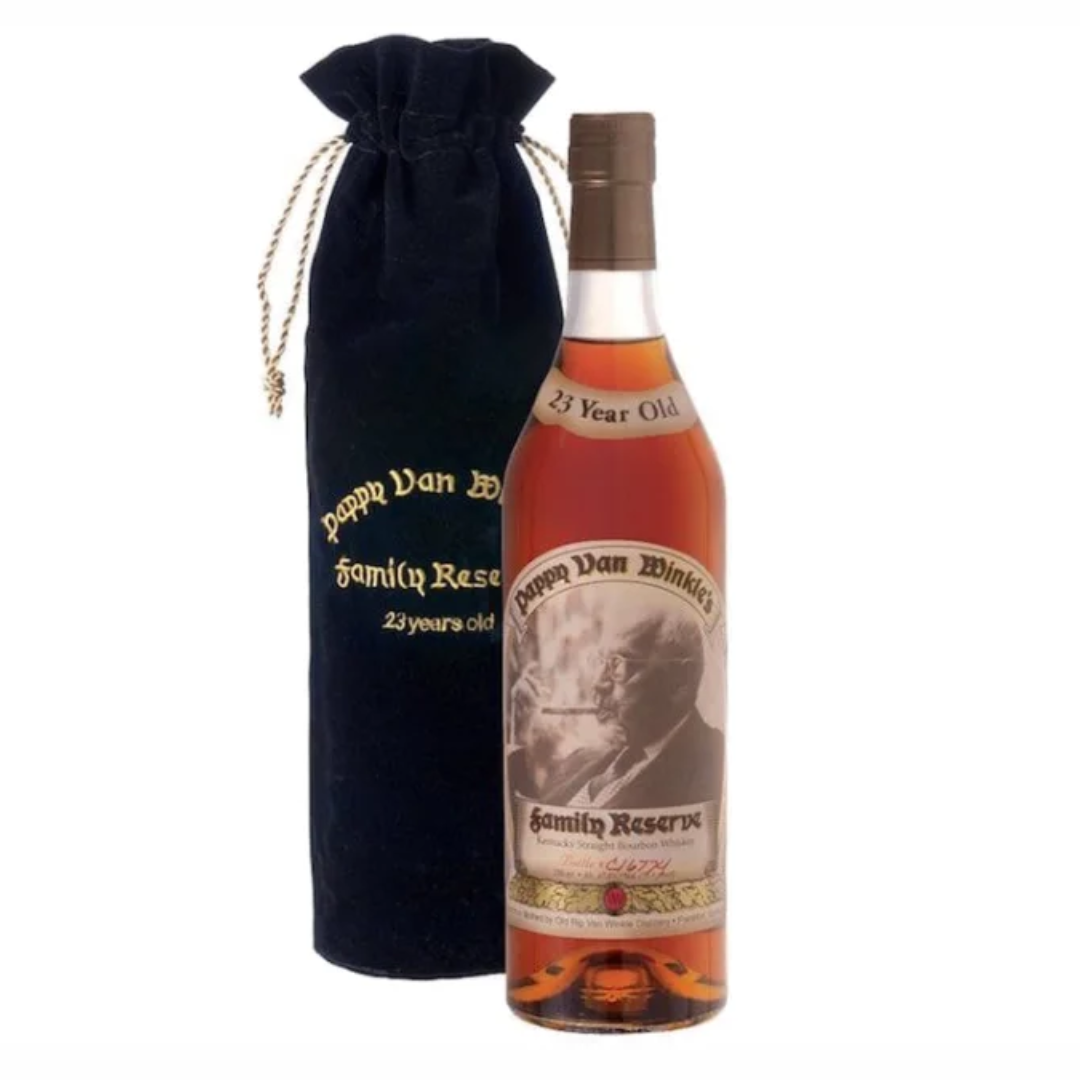New Jersey Alcoholic Beverage Bills to Watch 2018 – Part 1: Craft Distillers

As the new legislative session started in New Jersey, a number of bills concerning alcoholic beverages were introduced (or re-introduced). In this multi-part series, we highlight some of the bills to keep an eye on to see if they will make their way to the Governor's desk. First, we look at bills for Craft Distillers.
Reduced Alcoholic Beverage Tax for Craft Distillers
Assembly Bill No. 171 seeks to decrease New Jersey's Alcoholic Beverage Tax (ABT) for craft distillers (recall we saw the federal Tax Cuts and Jobs Act also provide excise tax relief to craft distillers, which we discussed in "Making Craft Beer and Spirits Great Again." The goal of this bill is to encourage more craft distilleries to start up in New Jersey and allow craft distillers to be more competitive with larger distilleries. For those distilleries producing up to 20,000 gallons per year (i.e., distilleries holding a Craft Distillery License), New Jersey's ABT would be cut in half from $5.50/gallon to $2.75/gallon. This would result in significant savings. A distillery producing 10,000 gallons would save $27,500!
Food Consumption Onsite
Assembly Bill No. 788 and Senate Bill No. 1436 would amend the Craft Distillery statute to permit craft distillery patrons to eat at the licensed premises. Under the proposed bills, food could be brought into a craft distillery from an outside restaurant or vendor (not owned by the craft distiller), but it does not permit the craft distillery itself to make or sell food. This bill could be a compromise with the restaurant lobby, which has opposed the idea of craft distilleries or breweries serving food themselves. Not only would having a bite to eat while sipping a whiskey be nice, it would also be safer, as most alcohol service training programs encourage, if not require, that patrons eat as they drink to slow down the absorption of alcohol (compared to New York where those with onsite consumption privileges must serve food, for this reason).
Craft Distilleries and Craft Breweries All Under One Roof
Assembly Bill No. 1202 would allow the following licensees to also hold a craft distillery license: limited brewery (i.e. craft/micro breweries); restricted brewery (i.e. brewpubs that have a retail license and restaurant); plenary winery; and farm winery. The distillery and brewery (for example) would be able to use the same equipment and facilities to manufacture their products. The "joint" licensee would be permitted to exercise the onsite and offsite sales privileges of both licenses. That means one stop shopping – for example, craft vodka and craft IPA in the same salesroom or taproom. If the bill is enacted, it would be interesting to see if any of our craft distillers and craft brewers would be interested in teaming up.
Restricted Distillery License – Brewpub for Distillers
Assembly Bill No. 1326 and Senate Bill No. 346 would create the Restricted Distillery License. This would be the liquor equivalent to the brewpub (restricted brewery). That means that like a Restricted Brewery, the Restricted Distillery would also have to own a plenary retail consumption license and operate a restaurant in conjunction with its craft distillery. But unlike the Restricted Brewery License, the proposed Restricted Distillery License would only be available to distillers within a Garden State Growth Zone (generally defined as the four cities with the lowest median income, such as Atlantic City or Camden, or that has established a Tourism District). In addition to selling product through the restaurant, the Restricted Distillery can sell to wholesalers (like Restricted Breweries, Craft Distilleries, and Craft Breweries). Production would be capped at the same level as Craft Distilleries – 20,000 gallons/year.
More Production; No Tour; Snacks
Although the change in words would be minimal, the effect of Assembly Bill No. 2586 or Senate Bill No. 632 would be significant. First, the bills propose to increase the amount a Craft Distiller may produce each year from its current level of 20,000 gallons/year to 100,000 gallons/year. This would make New Jersey more competitive with other states (e.g. neighboring Pennsylvania currently allows craft distillers to produce up to 100,000 gallons/year). Second, they would eliminate the requirement that a customer first take a tour of the facility before drinking on site. The tour requirement for distillers, and more so for brewers, has of course been a hot topic in the New Jersey industry (and will be discussed further in Part 2). Third, the bills would also allow Craft Distillers to sell or provide free snacks such as chips, crackers, or nuts. See above regarding the discussion on serving food.
For information regarding national and state liquor law matters or general manufacturing and distribution advice, please contact our Liquor Law, Licensing, Manufacturing, and Distribution Practice Group: Liquor Law Department Chair Theodore J. Zeller III, Esquire (tzeller@norris-law.com); David C. Berger, Esquire (dberger@norris-law.com) for Pennsylvania and New Jersey retail and manufacturing licensing; or contact our offices at 610-391-1800.



